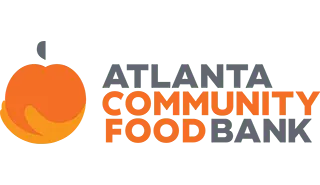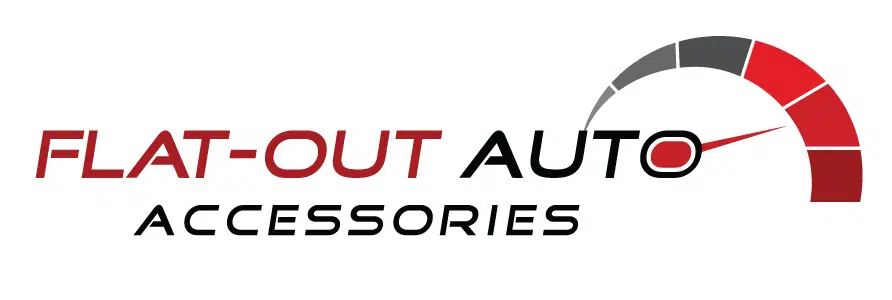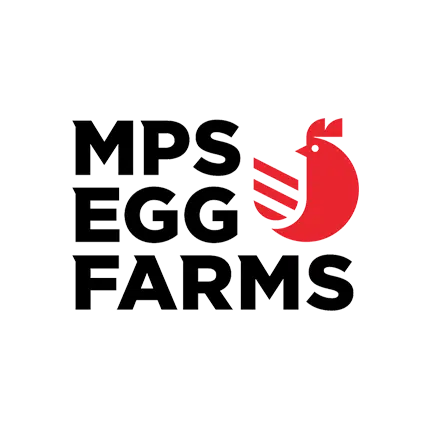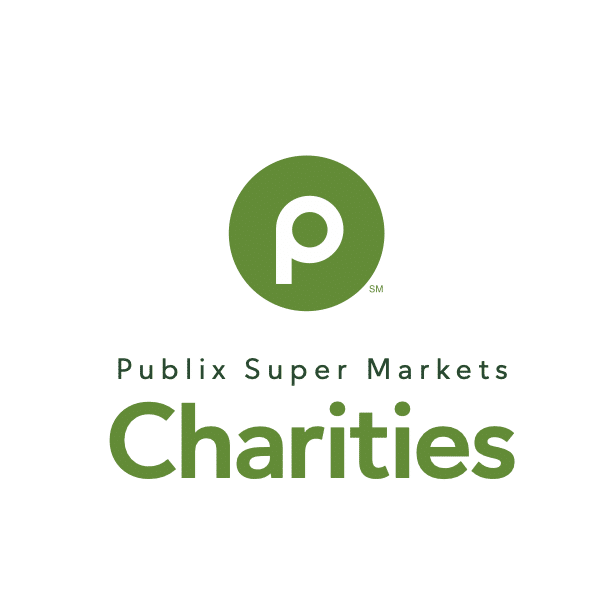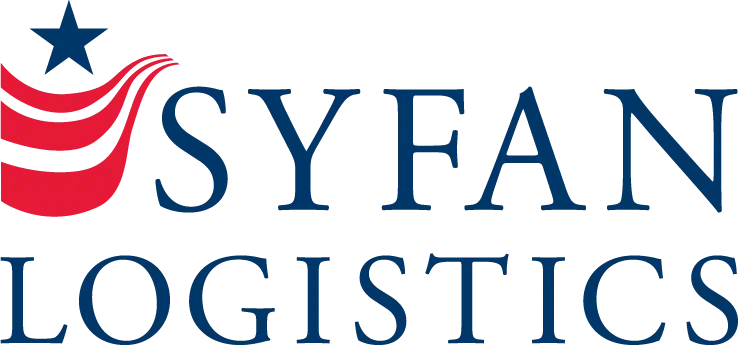Feeding the Hungry in a “No-Touch” crisis
By Naomi Thomas
Patricia Lingo has seen her work hours at Waffle House cut back sharply during the coronavirus pandemic. But amid that drop in income, her needs have increased.
“The coronavirus, well, it practically has taken my job away from me,” says Lingo, 72, a waitress. She says she’s worked “many a year” for the restaurant chain, but now the business is “to-go’s only,” and she’s working just two days a week.
Lingo, who lives alone in Macon, says the Middle Georgia Community Food Bank has helped her on a few occasions before, when she faced hardships such as illness. And it has been helping her get food since the pandemic began.
“The food bank is there to help my associates that I work with, and other people. The virus, the coronavirus, is literally hurting everyone,” she says.
“It’s not just me” getting the help, she says. “It’s everyone, and that’s why people need to realize that the food banks in Macon, Bibb County and the surrounding areas all need help right now.’’
Her point is undeniable: With more individuals and families suddenly depending on food banks, community support for the food banks is more important than ever.
Social distancing makes the job harder
Food banks across the state have increased their efforts during the coronavirus crisis. Some of the people turning to them for help have used their services before, while others are struggling with food shortages for the first time.
“I think if people are in need, they should know that there are a lot of service providers that can help them, and that it’s OK to ask for help, because that’s what our network is here for,” said Danah Craft, executive director of the Georgia Food Bank Association.
There are eight food banks in Georgia that are part of the Feeding America network. Typically, they function as large centers that collect food and then distribute it to partner agencies throughout their area.
Especially in this time of the coronavirus, food aid is not as simple as merely handing out groceries. It’s important to minimize contact that can potentially spread infection. The food banks have been working since early March to find ways to offer help with the lowest possible risk, Craft says.
“They started working with their agency groups to think through what no-touch and low-touch distribution methods would look like, so that if the virus and when the virus became more prominent in the community, that they were still able to help people in a way that minimized the risk of transmission,” she says.
Last year, even when the economy was strong and there was record low unemployment, the food bank network was helping about 156,000 people a week, with a total distribution of over 140 million pounds of food.
“Now, what we saw in March, on an average, was sort of an across-the-board 40 percent increase in demand for food, and in some cases it was higher,” Craft says.
Rodney Mullins, chief development officer at the Middle Georgia Community Food Bank, says the recent increase in demand has been about 50 percent to 60 percent. He says the staff “is working overtime. We’ve bought in people on weekends and weeknights to address this issue.”
Conscious of the coronavirus danger, the food bank has created a drive-through pantry that lets people stay in their cars when they come to pick up items..
“We have a 211 line,” Mullins adds. “it’s a system where if someone calls and they have a need for food they will be able to talk to a live person, this live person can direct them to a location that’s near them.”
The Atlanta Community Food Bank recently launched a text system that can help citizens to find food if they are in need.
“The idea of it started during the government shutdown last year, where again you had a group of people who all of a sudden overnight needed help, federal employees and contractors who weren’t used to needing help,” says Kyle Waide, the CEO of the Atlanta Community Food Bank. “As this crisis emerged, we said we need to put our food on the gas and get this thing done and out to the community.”
As the number of people they are serving has increased by about 300 percent, according to Waide, this simple text service has been used by a huge amount of people.
“We’ve had close to 4,000 use it so far,” he says. “This is a reflection of new people who now need help for the first time primarily.”
To access this help in the Atlanta area, you can send a text saying FINDFOOD to (888) 976 2232, along with your ZIP code and street address, and you’ll be told the location of the three food pantries closest to you. The service is also available in Spanish, changing the word to COMIDA.
The text service will also help people who are located in the area covered by the Georgia Mountain Food Bank in Gainesville, which is a partner distribution organization of the Atlanta food bank.
Fewer volunteers allowed
Kay Blackstock, the executive director at Georgia Mountain, says it also has seen an increase in people in need.
“We’re a food distribution warehouse, our primary core role is to go out and bring food into this warehouse and redistribute it to smaller feeding groups,” says Blackstock. “But we do have a program in place that if somebody contacts us directly and they need food assistance we will serve them with a one-time emergency package and then direct them to a food pantry closest to where they live.”
She said that normally 40 to 50 families a month will receive this emergency help. In March, though, 313 individuals needed the help.
Georgia Mountain Food Bank, like many others, is facing problems with inventory.
“Our food bank is so reliant on retail donations for our inventory,” Blackstock says. “We’re seeing fluctuations in retail donations up to 50 percent” even as demand has gone straight up.
Food Bank of Northeast Georgia, which has locations in Athens and Clayton, is also facing this challenge. It has what it calls an agency shopping floor, which operates like a grocery store, for primarily smaller agencies to come in and stock up on products they need to distribute to individuals and families.
“The agency shopping floor depends on retail grocery donations, so before all this [coronavirus problem], Monday, Wednesday, Friday, we were going to our retail grocery stores, . . . and they were donating product to us. It might have been stuff that was out of date, wasn’t selling, or whatever, and that frankly was about a third of our donated food supply,” says Chuck Toney, executive director of the Food Bank of Northeast Georgia.
As the coronavirus situation worsened in early March, he says, “people made a run on the grocery stores” and retail donations plummeted as stores had to focus on keeping their own shelves stocked. Now, “we are only going on Monday and Friday because it’s simply not worth the cost of the transportation and the fuel to go and get nothing,” he says.
Then there is the staffing issue. The food bank has had to reduce the number of volunteers it uses because of restrictions on people congregating.
“We’re absolutely dependent on volunteers, and at any given time we have groups of up to 35, 40, 50 people in here volunteering. We’ve significantly curtailed that, again for safety reasons,” Toney says.
Frank Sheppard and his team at Feeding the Valley Food Bank in Midland are having the same experience. “We’ve had to keep public groups away so that we’re not congregating and [can] practice social distancing,” says Sheppard, the president and CEO of the food bank.
With the restrictions on how many volunteers they can use, he says, food banks everywhere are dealing with “much higher demand but less workforce.”
How can you help Georgia’s food banks? While they continue to accept donated food items, it’s more convenient, especially now, to donate money to them. Because they buy in bulk, they can purchase food at an unusually low cost.
“We’re starting to reach this place that’s, as my executive director calls it, a new abnormal,” says Christina Alexander, communications coordinator at Golden Harvest Food Bank in Augusta.
“We’re really learning how much we can stretch our infrastructure and how many changes we can make to really take care of the safety of everyone that we’re serving while also reaching as many people as possible, and it seems to be working out pretty well so far,” she says.
As the COVID-19 crisis continues, and people’s day-to-day lives are altered, it is important to know that food banks are still working to help.
Craft of the Georgia Food Bank Association says people shouldn’t feel uncomfortable about seeking this help when they need it.
“I think people may feel like it’s not available to everybody, and it is. Anybody. Everyone falls on tough times,” she says. “Emergency food is one way to help stabilize a family, if they have access to the emergency food network, then they may husband their precious dollars to keep a roof over their head.”
If you need help finding food:
Food Bank of Northeast Georgia:
Visit www.foodbanknega.org, click ‘Need Help’, you will be taken to a list of mobile food pantries and a map where you can enter your zip code to be shown locations near you
Call the office at (706) 354 8191
Lyft is offering free rides for those in Athens-Clarke County to any registered agency of a value of up to $25 with the code FOODBANKNEGA for the month of April
Atlanta Community Food Bank
Text the word FINDFOOD to 8889762232 with your ZIP code and street address and you will be sent a list of the three closest distribution centers
Text service also available in Spanish, using the word COMIDA
Visit www.acfb.org, on the home page, click ‘Find Help’ in the COVID-19 response box, you will be taken to a map to locate the nearest distribution centers to you
Georgia Mountain Food Bank
Georgia Mountain Food Bank falls under the same resources as Atlanta Community Food Bank:
Golden Harvest Food Bank
Visit www.goldenharvest.org, click on ‘Find Help’ at the top of the page, you will be taken to a map where you can enter your zip code to find the nearest food distributor
Golden Harvest Food Bank will also respond to Facebook Messages
Someone is in the office Monday – Friday, 8:00 am to 12:00 pm and 1:00 pm to 5:00 pm, who can respond to calls at (706) 736 1199
Middle Georgia Community Food Bank
Call 211 and you will be connected with an associate who will be able to tell you where you can find food
Feeding the Valley Food Bank
Call the main office on (706) 561 4755, select the option for the Warehouse Co-Ordinator and they will help you locate the closest source
Visit www.feedingthevalley.org, on the front page, enter your zip code into the ‘Need Food’ box and you will be shown the closest food pantries to your location
America’s Second Harvest of Coastal Georgia
Visit www.helpendhunger.org, select ‘Find Food’ on the homepage, you will be taken to a map where you can enter your zip code or county to be shown the nearest food distribution centers
Second Harvest of South Georgia
Visit feedingsga.org, select ‘Find Help’ in the ‘Learn’ section at the top of the page, you will be taken to a map where you can find the closest distributors to you
Naomi Thomas is a freelance journalist based in Athens with a focus on health journalism.

